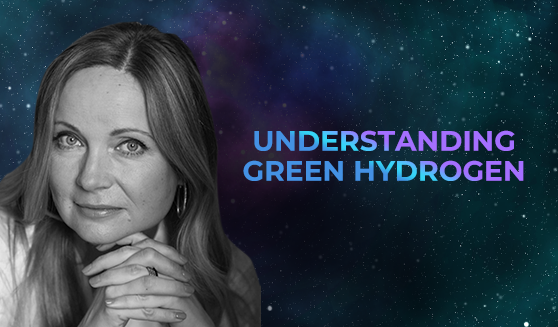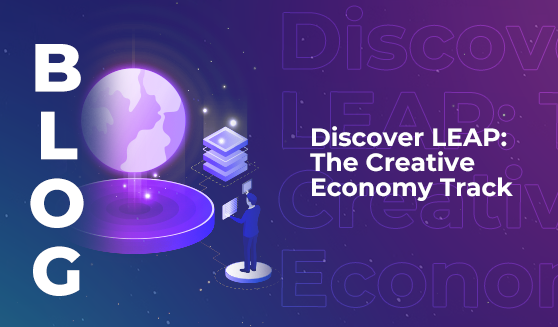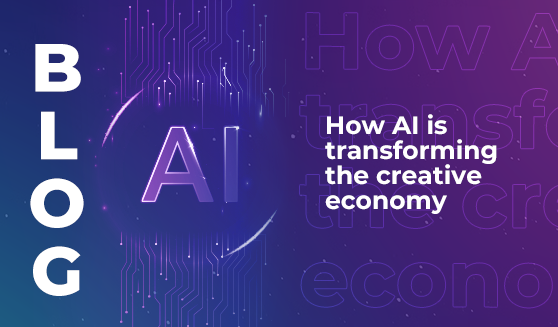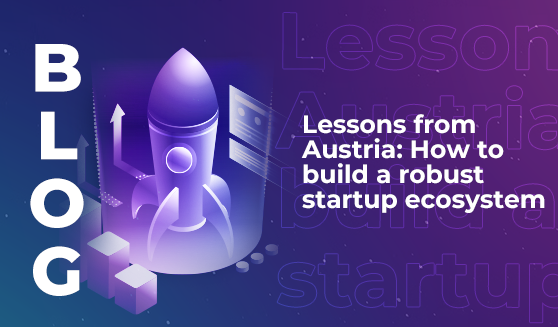
According to a comprehensive 2019 report by the International Renewable Energy Agency (IRENA), women only make up 22% of the labour force in the oil and gas sector – in spite of the fact that women account for 48% of the global labour force across industries. The balance is a little better in renewables, with 32% of the workforce being women.
This isn’t just important because of diversity as a cause in its own right; it’s important because increased gender diversity in the energy sector is essential to drive a sustainable energy future. As Paris-based energy think tank, the International Energy Agency (IEA), put it: “women are the key drivers of innovative and inclusive solutions. At the same time, women bear the brunt of lack of access to energy in developing countries.”
Which is exactly why we were keen to ask #LEAP23 speaker Natalie Samovich (Co-Founder at Resilient Group) for her perspective on green hydrogen. Here’s what she told us.
What are the key obstacles to decarbonisation – and why is green hydrogen important for our future?
“The key obstacle to decarbonisation is the lack of easily accessible and low cost funding for the development phases within renewable energy projects, including manufacturing of equipment required for deployment. While there is a lot of talk about ESG, sustainability, decarbonisation, on the ground the reality is that funding is difficult to come by, slow, expensive, and still rather return focused than impact focused. This means that green hydrogen and especially manufacturing projects are very difficult to get off the ground, which is severely hindering the achievement of decarbonisation targets.
“Governments need to fill this gap in order to allow the energy transition to gain the required speed, scale and pace.
“Green hydrogen is a very important energy vector as it is able to replace a very substantial volume of the world’s most polluting fossil energy sources. Electrification is well under way, but where we cannot use electricity we use fossil fuels (mainly oil, gas and coal) which represents about 75% of the world’s total energy demand. Green hydrogen has potential to replace a substantial part of fossil fuels used and therefore is very important for decarbonisation. We work towards realisation of planned portfolio of projects and need to fast scale, both on centralised large scale levels as well as more distributed decentralised solutions closer to consumption.
“Mitigating project risks to facilitate faster scale up across geographies requires human and financial resources, which needs to be synchronised.”
Are there any upcoming developments within your company, or in energy transformation more broadly, that you’re particularly excited about?
“Digitalisation in energy and evolving advanced connectivity with new edge driven architectures are bringing new opportunities into the sector. These developments are expected to facilitate new business models within the energy sector. It is positively impacting many energy intensive sectors and holds promise for spinoff solutions.
“To name a few upcoming developments:
- Advanced manufacturing enabled by digital solutions (Industry 4.0), cyber physical systems at MCPV are expected to advance competitive level through self learning and AI and Industrial IoT models. There is a big effort on building alliances, scaling up supply chains and enabling ecosystems which are advancing at a fast pace.
- Hydrogen Hubs for mobility and industrial decarbonisation are well under development and are expected to transcend current EU focused geography and scope of the projects in IBERIA, Balkans and other geographies under development. Digital advancement of cyber physical systems and facilitating solutions are in our focus as well. We are advancing models of facilitating resources management for smart cities and are looking forward to collaborations and piloting for co-creation.
- Scaling up of smarterschool.eu platform for smart buildings is under way. The solution is linked to climate adaptation and educational programs while enabling other distributed energy solutions. It is applicable world wide and we welcome collaborations and strategic alliances. Building ‘optimal learning environments’ is a global imperative. I am looking forward to discussing this at LEAP and beyond. Public sector is playing an important role in adaptation and advancement of smart energy, smart buildings solutions beyond the private sector. I believe LEAP is an excellent platform to have these dialogues.”
The energy sector isn’t known for being very diverse. What does it mean to you to be a woman working in renewables?
“I actively contribute to the topic on the EU level. We recently had an event in Brussels on the topic related to investing in women led startups, women in VCs, gender balance in research and innovation.
“I specifically spoke on scaling up solar cells and module manufacturing in the EU – a journey to attract , test and create new models and opportunities for women led inventors. I proposed to challenge ourselves as to sustainable, green finance – what are the drivers, risk criteria and priorities?
“Every little step counts and it is our day to day approach that makes a difference. I am a member of a number of teamworks, such as women in green hydrogen, women in solar, and actively support the related initiatives.”
Finally, if you could go back to the beginning of your career and tell yourself one thing you wish you’d known then, what would it be?
“Early in my career I learnt valuable lessons through mentorships that I always valued. The advice I received withstood the test of time, and I will share these with LEAP readers.
“Surrounding oneself with inspiring colleagues and networks that can nurture and inspire proved to be good advice – it was a good path to follow. Another advice I was given is not to be stalled by specialised knowledge acquisition imperative, but to always seek information sources, focus on continuous learning and expand my interdisciplinary knowledge horizons. I also believe it is important to balance hobbies and personal interests with professional obligations. I combine this in many ways during my travels and even professional projects.”
Thanks to Natalie Samovich at Resilient Group. Join us at #LEAP23 to learn more.








